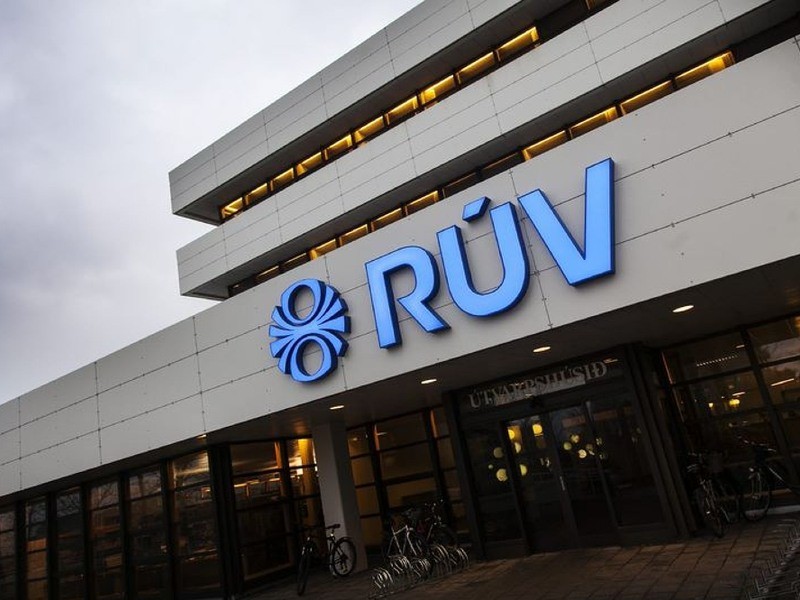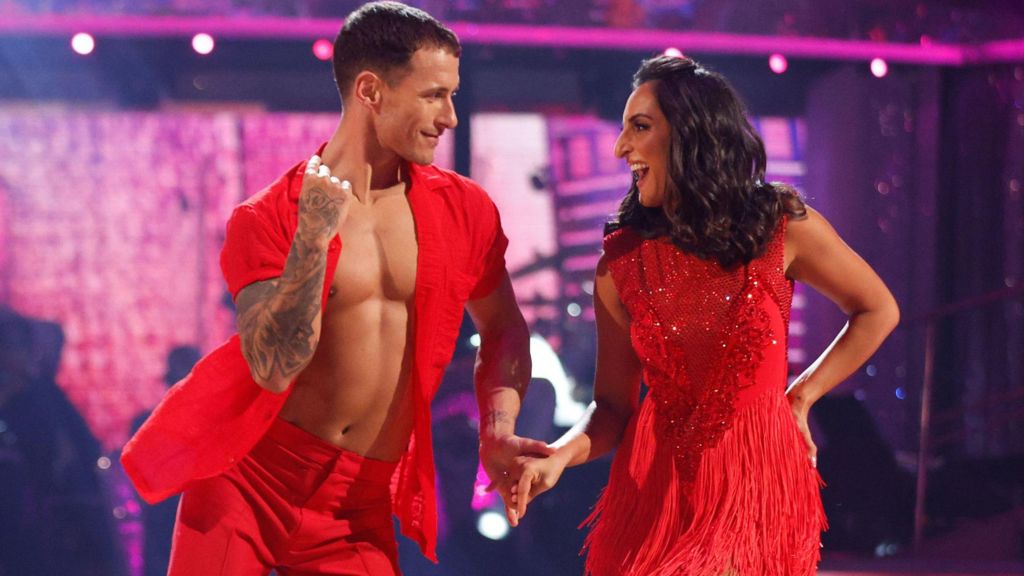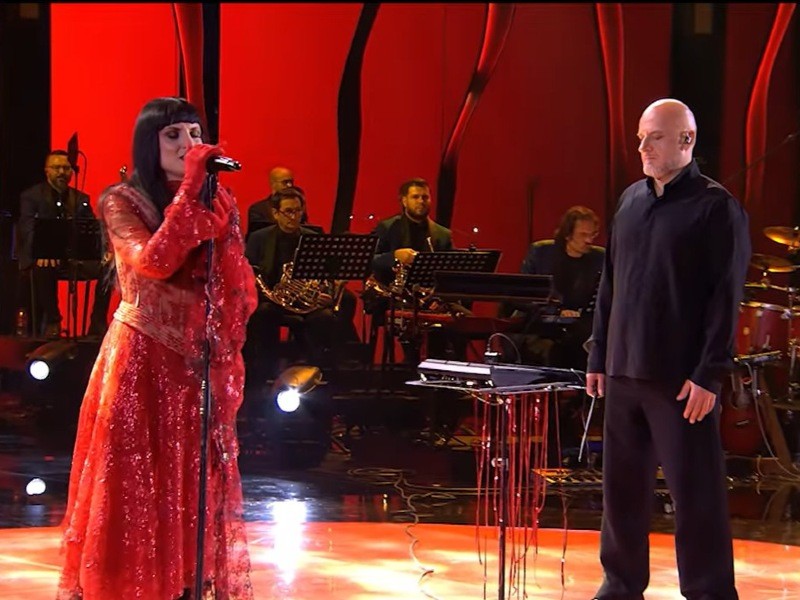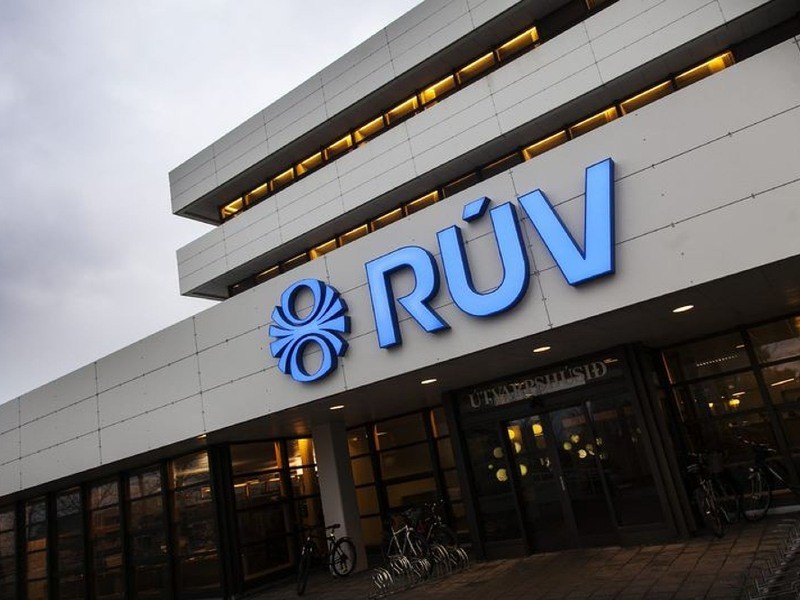
RÚV, Iceland’s public broadcaster, has confirmed it has passed on concerns to the EBU over the participation of Israel at Eurovision raised by the country’s Foreign Minister.
Iceland is the third country to publicly note they have spoken to contest organisers about this issue, following Slovenia’s RTVSLO and Spain’s RTVE — the former of which has re-stated its position this week.
Iceland Foreign Minister: “Israel’s participation is strange an unnatural”
During an interview with newspaper Visir, Iceland’s Foreign Minister, Þorgerður Katrín Gunnarsdóttir, shared her belief that Israel should not be permitted to compete at Eurovision following its actions in Gaza, where more than 50,000 people have been killed:
“As an ordinary citizen, I find it strange and actually unnatural that Israel is allowed to participate in Eurovision, given the war crimes, and in fact the ethnic cleansing that has taken place in recent weeks and months in Gaza.”
Spanish broadcaster RTVE previously called on the EBU for an “open debate” between participating broadcasters on Israel’s appearance at Eurovision. Gunnarsdóttir raises a similar note, stating that such decisions should be discussed amongst members:
“Then there is the other thing, that this is a decision by European television stations, where, among other things, Iceland, through the Icelandic National Broadcasting Corporation, has the right to participate, and I don’t find it unusual that it would be covered in that forum.”
When asked about whether Iceland should boycott the competition, the Minister commented this would not be the best course of action, but that RÚV should use it’s voice within the EBU:
“I think Iceland should participate if a decision is made to hold the contest. I think Iceland should send its participants, Icelanders should not boycott the contest. But I think Iceland should look into this and lobby within the European Broadcasting Union regarding Israel’s participation.”
RÚV shares comments with the EBU
Rúnar Freyr Gíslason, media representative for Iceland’s Eurovision delegation, welcomed the comments from Foreign Minister Gunnarsdóttir.
He noted the ball is not directly in RÚV’s court, but higher up in the government system. As such, now that this message has been confirmed from a member of the Icelandic government, they are able to pass these concerns forward to the EBU:
“We have spoken clearly that decisions and opinions on this matter should be so high up in the ministry. And now finally this unequivocal opinion is being expressed and now we have informed our colleagues at the EBU of this.”
Ever since protests surrounding Israel’s participation at the song contest began in the run-up to Eurovision 2024, organisers at the EBU have repeatedly shut down these calls. They state that the event is a competition between public broadcasters rather than governments, noting the contest must remain apolitical.
However, RTVSLO, RTVE and RÚV raise the point that, if this is the case, then those public broadcasters should be able to undertake an open debate about the issue, rather than having the EBU dictate their position.
TV Slovenija Director reaffirms position on Israel’s exclusion
Ahead of Klemen’s participation at Eurovision 2025 on behalf of Slovenia, broadcaster RTVSO held a press event on Wednesday attended by the singer and Director of TV Slovenija, Ksenija Horvat.
The topic of Israel’s appearance was brought up. Horvat reaffirmed her belief that Israel should be excluded from the contest after Slovenia was the first country to publicly call on the EBU last December:
“Of course, when Eurovision is mentioned, we all become aware of the reality of today’s world, which is complex and deeply unjust. My position regarding the participants has not changed one bit since last year, and I remain firm in the appeal that I made to the European Broadcasting Union last year on behalf of Television Slovenia. I called and I call again for clarification on why some are more equal than others. Of course, I am talking about the unequal treatment of Russia and Israel. And about the fact that member states should have the opportunity to transparently co-decide on all essential issues, including the possible exclusion of Israel.”
The Director added that, following her initial appeal to the EBU last year, she did not receive a satisfactory answer.
Horvat continued by commenting on the growing voices of other counties on the same issue, agreeing that a discussion between broadcasters on Israel’s participation should be held:
“But last year, RTV Slovenia was more or less alone in this. This year, as we know, a similar appeal was addressed to the EBU by the Spanish RTE. What they wrote is exactly what I feel myself, that we in a democratic world must be concerned about the endless horror in Gaza, which is not and cannot be completely separated from Eurovision. The calls for a discussion among members are therefore becoming stronger. Will the EBU listen to them? We also want to participate in this discussion, including Television Slovenia. I do not know what it will lead us to, but I do know that wars and the suffering of civilians are not just and that we not only may, but must condemn them.”
Klemen stepped back from providing any personal remarks on the matter himself:
“At this moment, this is not my fight. I have no other power than to present this song as well as possible. Anything else I would do would be pointless and ineffective.”















